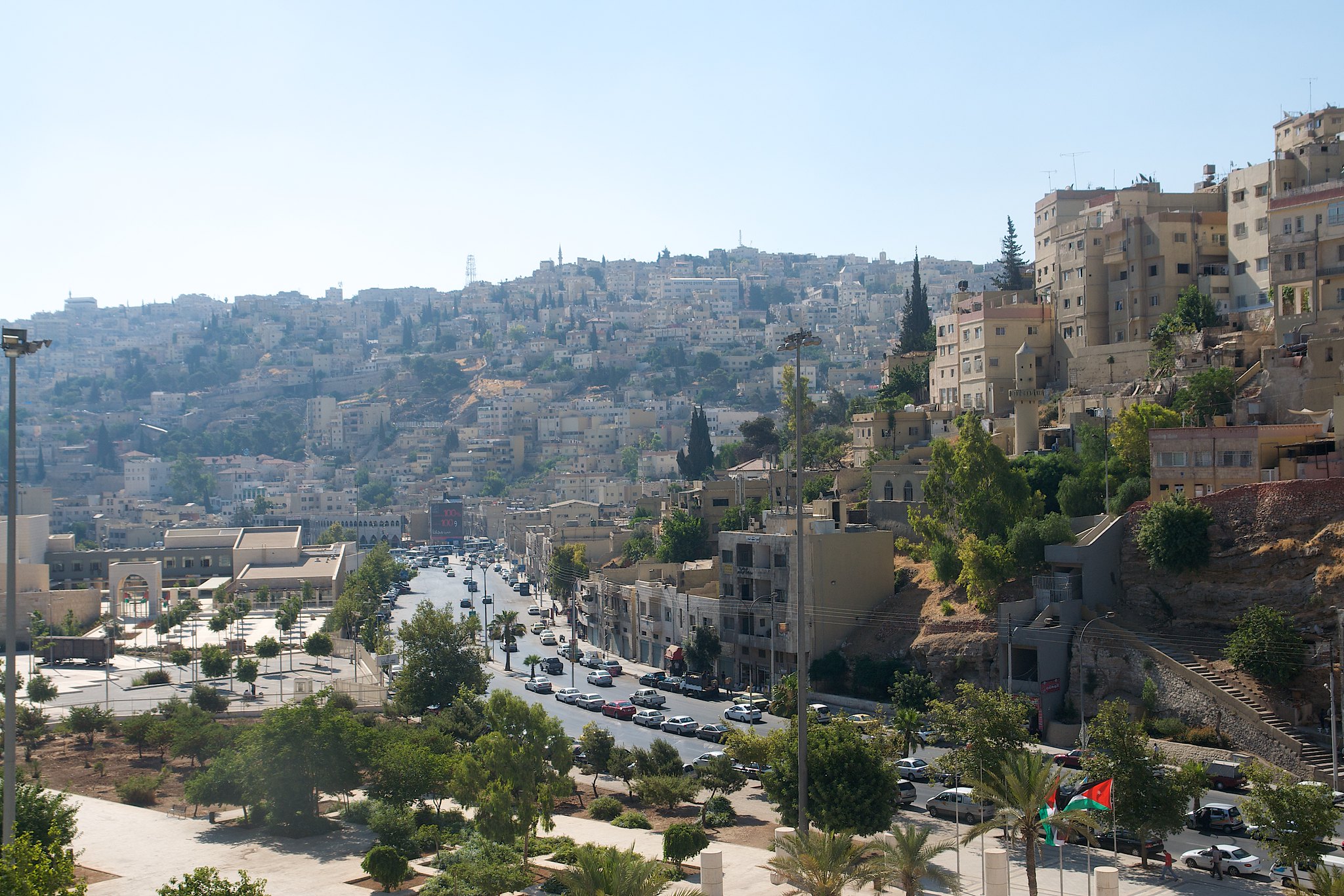Urban greenery helps avert multiple crises for dryland cities, FAO report shows
Trees offer a cost-effective and efficient tool to address the challenges of population growth

Some 35 percent of the world’s largest cities are built in the world’s drylands.
©FAO / Thomas Stellmach
Rome – Rapidly expanding cities in very dry parts of the world must be turned into "green urban oases" to ensure they become both healthier places to live in and more resilient to climate change, says a new report launched today by the Food and Agriculture Organization of the United Nations (FAO).
Some 35 percent of the world’s largest cities are built in the world’s drylands. This includes such megacities as Cairo, Mexico City and New Delhi. In all, they are home to more than 2 billion people, 90 percent of them in developing countries.
According to the report, Urban forestry and urban greening in drylands, these sprawling and crowded dryland cities face a high risk of social, environmental and economic crisis as they grow. They are becoming hotter and more polluted and face mounting pressure on their scarce natural resources and weak infrastructure, making them among the most vulnerable places in the world to external shocks from the extreme weather events that climate change brings.
“Preserving and planting trees in these cities has been shown to have a hugely beneficial effect on the lives and health of the people who live there,” said Zhimin Wu, Director of FAO’s Forestry Division. “It is possible to do this even with the very limited amounts of water available in these areas.”
Natural solutions
Currently, more than half of the global population lives in cities and 95 percent of urban growth between now and 2050 is expected to take place in the global South.
The study shows how the potential crises that dryland cities face as they grow can be turned into an opportunity to improve the sustainability, health and well-being of their communities, and reduce the impact of urbanization on biodiversity and the environment.
"Urban forestry and greening strategies have yet to be fully incorporated into urban development in many dryland cities,” said FAO Forestry Officer Simone Borelli. "The report presents compelling evidence that if properly planned and managed, such initiatives can make a powerful contribution to strengthening the resilience of dryland cities and supporting their sustainable development."
Citing examples and case studies from dryland cities worldwide, the report shows how urban greenery can offset the impact of growing urban populations on drylands by cooling ambient temperatures – and adjacent buildings – cleaning the air, sequestering carbon and contributing to soil and water quality.
For communities, urban green spaces can also provide social cohesion and increased well-being, promote cultural values and support livelihoods and local economies.
Key recommendations
At the landscape level, the report recommends careful planning and maintenance of green spaces and selection of trees and other plants that are suited to the environment. Equally essential for tree planting campaigns are design and management techniques suited to local environments and cityscapes.
At the community level, boosting community participation and a sense of ownership, providing incentives to encourage tree planting and building capacity through environmental education, as well as awareness raising campaigns, are all key steps towards public engagement, according to the report.
At the governmental level, robust policies and protection of urban greenery are also important.
The study was produced as a background document to inform the FAO Green Urban Oases Programme. Launched in 2021, the programme aims to improve the resilience of dryland cities by tackling climate, health, food and economic challenges. It focuses on developing policy and technical capacity and outlines several pathways for transforming urban spaces by planting trees.
The Green Urban Oases programme contributes to the FAO Green Cities initiative, which was launched in 2020.
From October 16 to 20 of 2023, FAO will co-organize the second World Forum on Urban Forests in Washington DC with the theme Greener, healthier and happier cities for all.
Contact
Nicholas Rigillo FAO News and Media (Rome) Nicholas.Rigillo@fao.org
FAO News and Media (+39) 06 570 53625 FAO-Newsroom@fao.org
